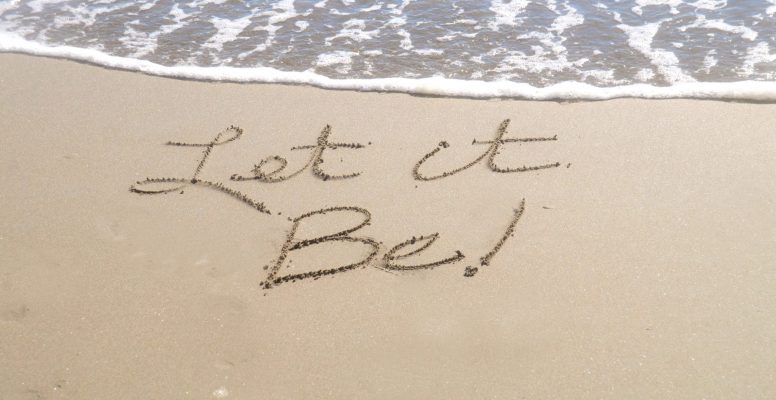
Maintaining Equanimity of Mind…
Written By: Catharine Williams, Clinical Intern at ACS, On-Campus Counseling Program
THE WORLD
feels unsteady, unpredictable, even scary in the midst of all this uncertainty… so how can we maintain equanimity of mind amid a global pandemic? How can we find compassion in crisis? How can we, as a united people, stay calm amid this uncertainty, and make decisions from our hearts and not just our heads?
The only way I can relate to these ideas and struggles is through my yoga practice. The word “yoga”, literally, means “to yolk”. The idea is that through the practice, any person can “yoke” together their body, mind, heart and soul, and minimize feelings of separateness from other people. The purpose of yoga is to connect back to that part of yourself that has nothing to do with outer circumstances, including a global crisis. It is from that place of connection you gain the ‘right’ perspective, the perspective from which to take action.
In mid-March we were told as a community and state to shelter in place. It changed all of our lives immediately and completely. Both personally and professionally the shutdown severely limited access to people, resources and opportunities. The mind is action-oriented, impulsive, and emotional. And with prolonged periods offering no solid answers or leadership, it is easy to see why people are panicking for answers, both on the outside and the inside.
As a yoga practitioner I turned to my practice to regain a sense of grounding and stability. I found immediately that I was not alone. It was a way for me to stay connected to a community that offers me peace. Much like going to church, I can come to my mat each morning, and leave with a palpable sense of calm and steadiness. One teacher in particular told a story that has stuck with me every day for the last six months.
Once upon a time there lived a farmer, his wife and their son. Over the course of one year some extraordinary events happened to this family. For example, they lost their prized stallion and the wife, the son and all the neighbors lamented the loss saying, “What an unfortunate event!”. The farmer simply replied, “Fortunate or unfortunate, I don’t know. Let’s wait and see.” Soon enough the stallion returned with a herd of wild horses and the wife, son, and neighbors celebrated, saying, “How lucky! How fortunate!”. Again, the farmer took the news in stride, saying, “Fortunate or unfortunate, I don’t know. Let’s wait and see.” Soon after the son fell off one of the new horses and broke all the bones in his body (unfortunate!), but with those injuries evaded the country-wide draft to go to war (fortunate!). These events continued along this up and down path, culminating with the son marrying the princess in the palace. And of course, although everyone in their village rejoiced at this news, the farmer simply stated, “Fortunate or unfortunate, I don’t know. Let’s wait and see.” He demonstrated the qualities of a true yogini, staying detached from the emotion and witness to all possible outcomes. He remembered who he was regardless of outside circumstances.
To me, equanimity of mind creates space for all emotions to pass through. Sadness, anger, frustration… all of these emotions need space to move through us. We don’t have to hold onto them or become obsessed with them. When a person is in a place of crisis, a natural instinct is to go to the mind, to the intellect. We naturally seek answers to ambiguity. Yoga says to go to a place where you can be a witness to the mind, and not feel an immediate pull to make sense of anything or to take immediate action. The belief is that if we can tap into that place inside of us that is steady, unchanging, even joyful, we can handle anything that is happening on the outside.
Lately, I hear a lot of people saying, “let it go” when feelings of stress, worry and hopelessness arise. I have thought a lot about that since the pandemic started. To me, that is encouraging people to push something painful or scary aside. If the goal of therapy is to identify and integrate unconscious thoughts, beliefs and behaviors, then I believe that a more empowering and calming practice is to “let it be”. Yoga, with all of its stories and tenets and guiding principles, helps me to just let things be. After all, who knows what is truly fortunate or unfortunate if these events shape the people we are to become. Let’s wait and see.
